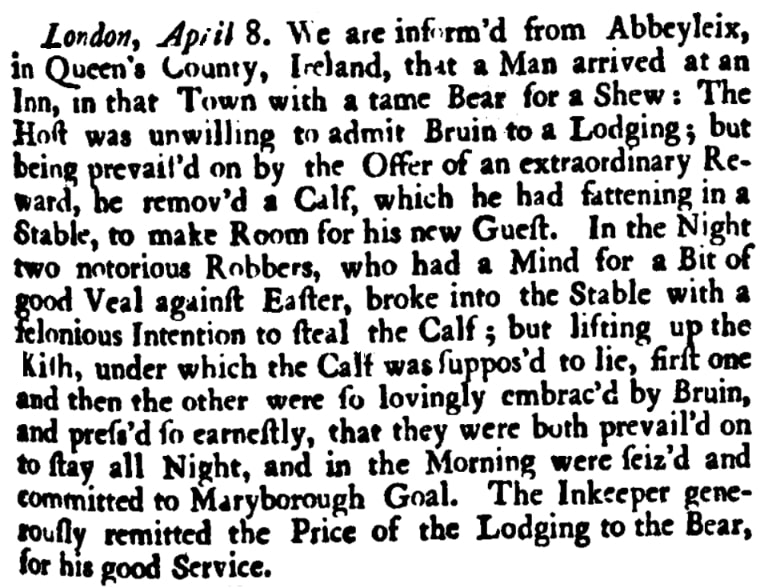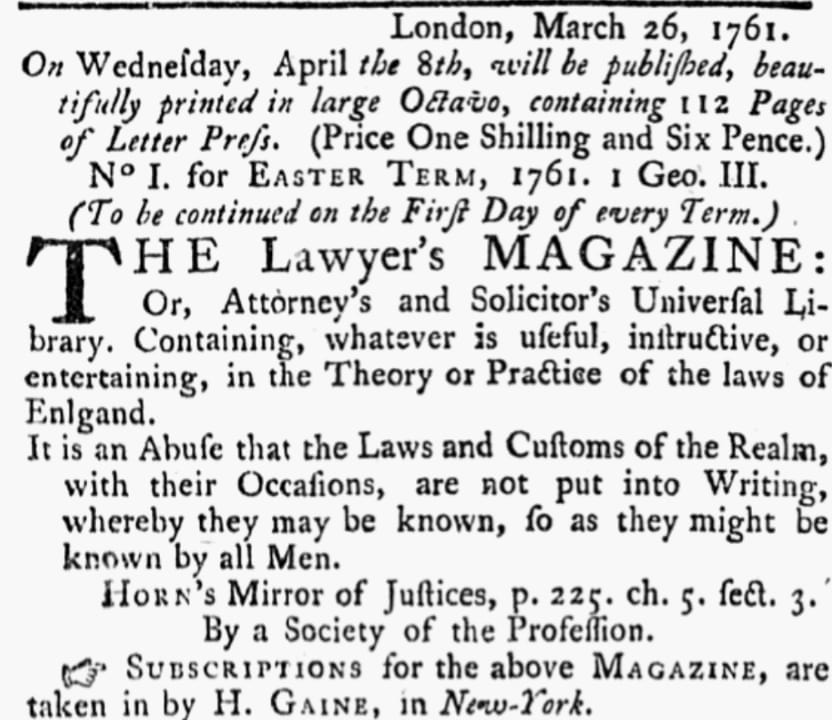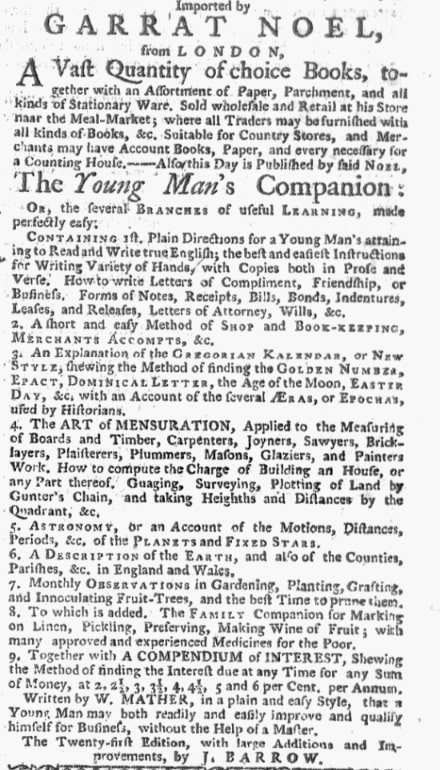Introduction: In this article, Katie Rebecca Merkley begins her series exploring our ancestors and appearances of Easter in the newspaper, examining the period 1690-1774. Katie specializes in U.S. research for family history, enjoys writing and researching, and is developing curricula for teaching children genealogy.
With Easter approaching, I thought it would be fun to look back and see what Easter meant to our ancestors, and how they celebrated it. In this blog series, I have gone through GenealogyBank’s Historical Newspaper Archives looking for mentions of Easter.

Photo credit: https://depositphotos.com/home.html
This first article in this series focuses on the colonial period: newspapers from 1690 (the year of the first American newspaper) to 1774.
I searched GenealogyBank’s newspapers for the keyword “Easter” and narrowed the results down to 1690-1774. There weren’t as many results as I was expecting; I have chosen four of them to highlight in this article. The easiest assumption is that Easter wasn’t posted in newspapers very much back then.
But it’s also important to consider that not all newspapers from that time are extant, and not all that are extant have yet been acquired by GenealogyBank (new content is added continuously). It is also important to note that newspapers back then were smaller than their modern counterparts, and many circulated less often. These newspapers were printed on a manual printing press.
1737: Easter Weather
A 1737 New York newspaper posted almanacks that predicted the weather for Easter. Five different almanacks were posted, four of them in English. Two of them predicted pleasant weather for Easter Sunday. Easter in 1737 occurred on April 21.

If you’re ever curious about the weather your ancestor experienced at any time, you can look up almanacks for that time in their newspapers. Arguably, weather affected our ancestors’ lives more than it does ours. Back then, many people were farmers, so they worked outdoors, and the weather played a massive role in their working conditions and crops’ productivity. In contrast, my husband works indoors, but the weather may affect his commute. I work from home, so the weather mainly affects my view out the window.
1738: Hungry Thieves Wanted Veal for Their Easter Dinner
This amusing story is about two thieves in Ireland who tried to steal a calf because they wanted veal for Easter dinner – and instead got the surprise of their lives!

This article reports:
London, April 8. We are informed from Abbeyleix, in Queen’s County, Ireland, that a man arrived at an inn in that town with a tame bear for a show. The host was unwilling to admit bruin to a lodging; but being prevailed on by the offer of an extraordinary reward, he removed a calf, which he had fattening in a stable, to make room for his new guest. In the night two notorious robbers, who had a mind for a bit of good veal [for] Easter, broke into the stable with a felonious intention to steal the calf; but lifting up the [latch], under which the calf was supposed to lie, first one and then the other were so lovingly embraced by bruin, and pressed so earnestly, that they were both prevailed on to stay all night, and in the morning were seized and committed to Maryborough [jail]. The innkeeper generously remitted the price of the lodging to the bear, for his good service.
1761: Lawyers’ Easter Term Mentioned
A 1761 newspaper posted news from London regarding the upcoming publication of The Lawyer’s Magazine. This ad was posted shortly after Easter, as Easter that year was on March 22 and the ad was originally published on March 26. Yet the magazine was subtitled: “No. 1 for Easter Term, 1761.”

1762: Calculating the Date of Easter Using the New Gregorian Calendar
I found a mention of Easter in a lengthy advertisement for a book entitled The Young Man’s Companion. This ad details what men would learn from the book, including: reading and writing true English; writing prose and verse in several hands (different handwriting styles); writing letters of “Compliment, Friendship, or Business”; how to measure boards and timber; the cost of building a house; astronomy; and other things.
The British Empire (including, of course, its American colonies), adopted the Gregorian calendar in 1752, replacing the Julian calendar. This ad promised the book would teach readers how to use the Gregorian calendar:
“…showing the method of finding the Golden Number…the age [phase] of the moon, Easter Day, etc.”
The merchant selling this book must have believed that society found those things important for a young man to know. If he was right, the book would have sold well.

These four examples show that Easter was mentioned in colonial-era newspapers, but the articles weren’t about the actual celebration of Easter. There seemed to be concern about the weather on Easter and calculating Easter Day. This indicates that people cared enough to know when Easter was, but gives no glimpse into how Easter was celebrated back then. As we move through time in this blog series, we will discover newspaper articles describing Easter celebrations.
The next installment of this series will look at Revolutionary War-era newspapers that mention Easter.
Happy Easter and springtime!
Explore over 330 years of newspapers and historical records in GenealogyBank. Discover your family story! Start a 7-Day Free Trial
Note on the header image: Happy Easter. Credit: https://depositphotos.com/home.html
